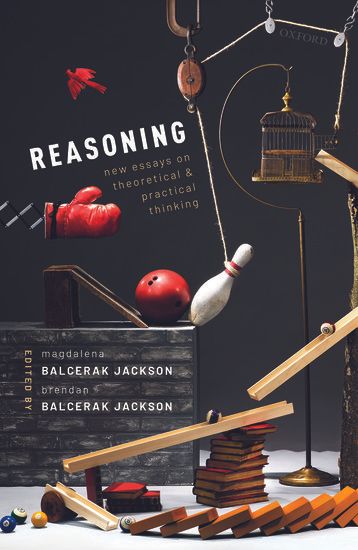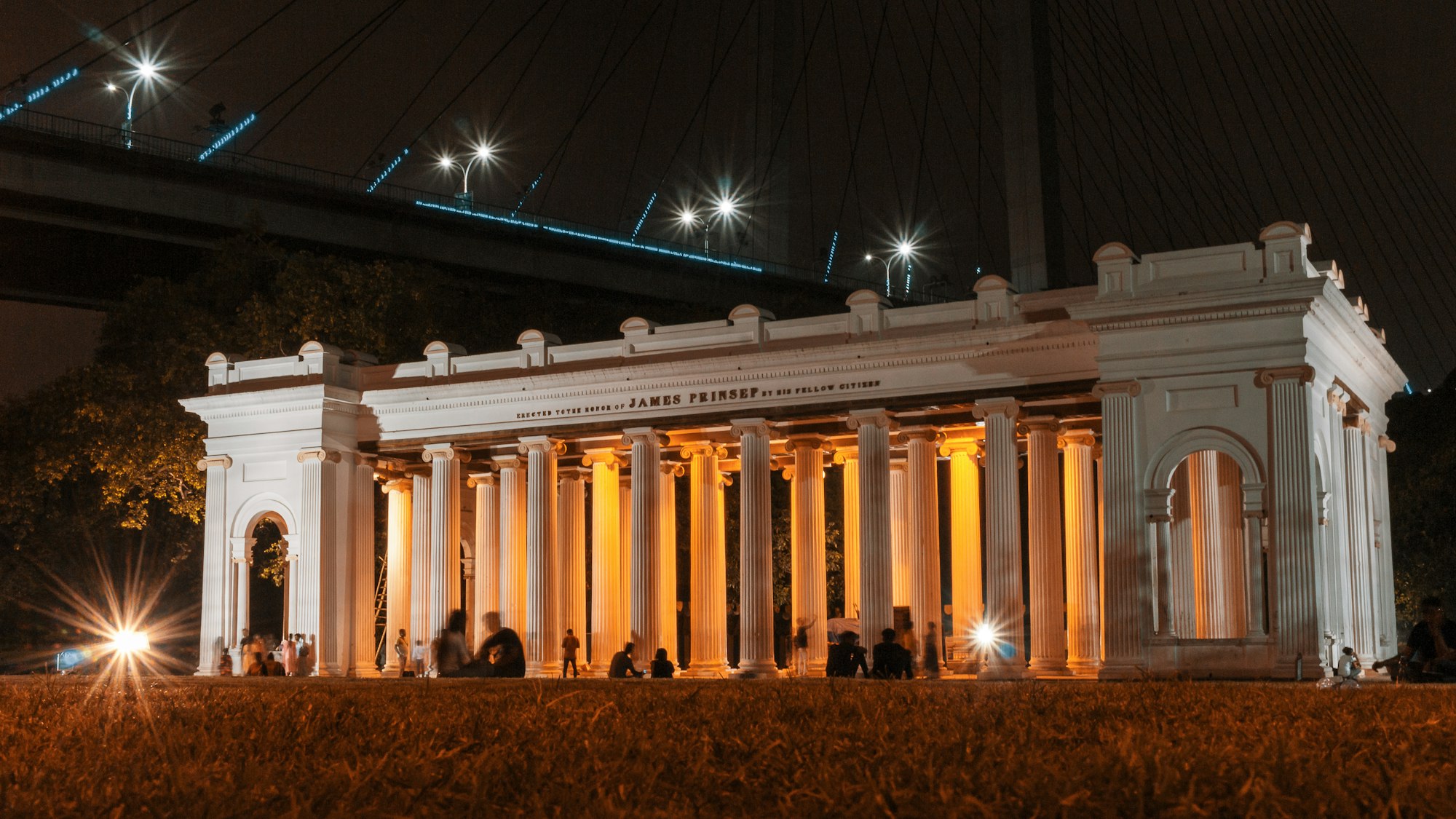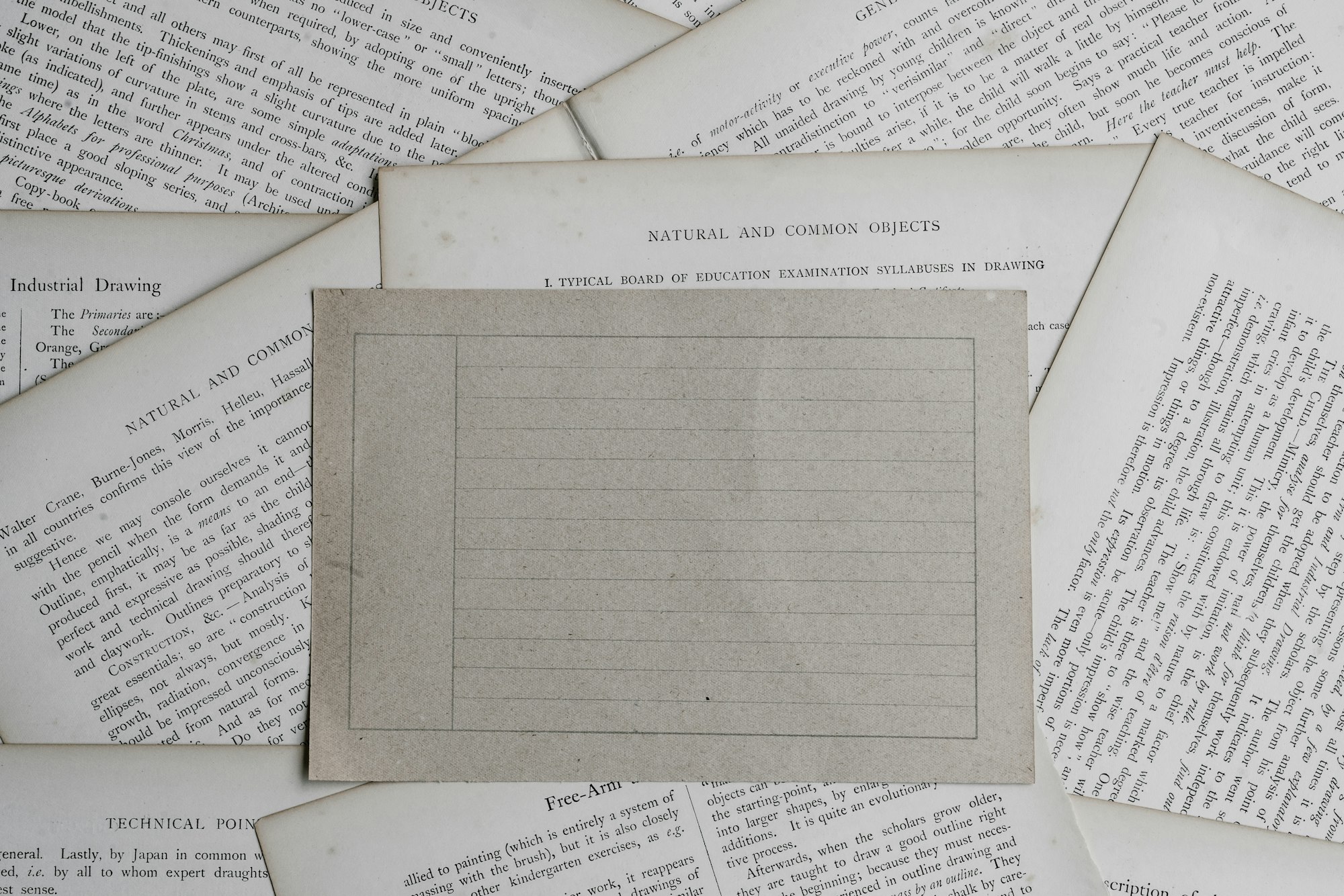
Edition #014 - Year End
Closing 2021
This will be the last edition of 2021. It's been a difficult year for lots of people and like many I'm hoping to squeeze in some holiday time with family before what may be a new round of restrictions. Edition #015 will come out on the 13th of January.
Meet Eyal Shay
I met Eyal Shay at an interintellect event recently and was really interested to learn more about the work he is doing using Dialectic to help people think. As well as agreeing to tell us a little more for this newsletter, he also interviewed me for his podcast - the episode should air in the new year.
Please tell us a little about yourself, where you are, what you do now?
I’m Eyal Shay from Israel. These days I’m working on a podcast called Deep Dive as my main project, with many mini-projects on the side, including dialectic sessions. I’ve been experimenting with self-expression and creativity ever since my job as a tour guide dissipated in March 2020 due to, well, you know…
Can you briefly tell us what Dialectic is?
Dialectic is the art of conceptualizing an accurate representation of reality in our minds. Since everything in consciousness is a controlled hallucination (see Anil Seth’s Being You), we must make sure that what is projected onto reality is fitting to it as much as possible. This relationship between our representation and reality is called Truth. Having an accurate representation or models enables us to do well in life and feel accordingly, what the Stoics called eurrhoia (lit. goodflow)
More information on dialectic can be found on my website: eyalshay.org/dialectic and in a short document on dialectic I published on Gumroad: https://dialectician.gumroad.com/l/Dialectic
How do you help people in Dialectic sessions?
The word ‘dialectic’ literally means in Greek ‘pertaining to conversation’. So, I converse, but with a twist: It’s up to me to kindly and gently ask questions that challenge people’s opinions about some concepts, most notably The Good. Through shared exploration we may arrive at truth as fewer and fewer logical inconsistencies crop up in speech. Ultimately, however, the goal is to teach a man how to fish, as they say, and allow people to practice the art within their own mind.
What moved you to start offering this to people?
It is a lost art, and I was very lucky to have come across it. So, naturally, I want to see more people become adept dialecticians and, subsequently, apply their understandings to actually do well.
You also make a podcast, what’s the idea behind it, and where can people find it?
My podcast is called Deep Dive. The idea is to meet one person per episode and get to know their inner world with a view to extracting universal lessons from their stories, feelings, and ideas. One concept or idea is explored in depth, and my hope is that an episode could serve as food for thought for listeners. I like to call the genre “warm philosophy” to highlight the fact that personal stories and vulnerable moments are not excluded from conversations.
Atelier Highlights of 2021
It seems like a good moment to look back at some key articles from this year, in case you missed them:
The project started this year and the links below give a flavour of what it is all about and some key influences that led me to the project.


A key part of the middle of this year's run was some exploration of reasoning, encompassing the thoughts of some philosophers and how they interact with the work of psychologist Daniel Kahneman and his ideas about "System 1" and "System 2."


Next I'd like to draw your attention to the Layers of Thinking piece, which I suspect will form the basis for thoughts about a "thinking process" in 2022.

I retain a longstanding interest in "tools for thought" which I mostly expressed in 2021 through looking at paper tools.

Finally for this summary, thoughts on Decision Fatigue prompted the most interest and feedback from my readers this year. Here's where I first addressed it.

Looking Forward
Like every newsletter writer, I hope that next year I can find more time to write. Of course, all the thinking tools I've talked about this year suggest that is unlikely, but we will see. ;-)
Topics I intend to write or expand upon in 2022 include:
- The role of imagination/aspiration
- Embodied Cognition
- More about Risk
- Building on the layers to create a process for thinking
- More on tools for thought
- Revisiting Decision Fatigue
Books I haven't read in 2021
Rather than book reviews or recommendations, I'd simply like to highlight three books from 2021 that have caught my interest in relation to the Mind Atelier project. I might hope to read one over the holiday period, but only time will tell.
First is The Extended Mind: The Power of Thinking Outside the Brain by Annie Murphy Paul. This looks like a fascinating exploration of how our thinking is embedded in us, not just in our brain but in our bodies too.
Second - Noise: The new book from the authors of ‘Thinking, Fast and Slow’ and ‘Nudge’ - a collaboration between Daniel Kahneman and Cass Sunstein, this is a book we can't ignore if we are thinking about thinking. I've always been in the camp that values heuristics more than Kahneman has, so I anticipate there will be things to disagree with in this new work. Yet, he's a big thinker about thinking and the topic of Noise (and accuracy and precision) is fundamental to better thinking.
Third - The Way of the Tortoise: Why You Have to Take the Slow Lane to Get Ahead (with a foreword by Sir Andy Murray) - What attracts me about this book is that I've been considering the role of time in thinking - and the outcomes of thinking - a lot recently. I think that knowing when we can be slow, when it can be an advantage to be slow, can be a real superpower.
Interesting Events
- A lot of organisations are taking a break over this period from running events, but there are still a couple of interesting ones to be aware of:
- Monday, 20th December, 1400 London Time (GMT) - The Art of Resting - Unwind with Krupali in this salon where we will kick back in our most comfortable spots with our pets and our teas (or coffees) and possibly have a conversation about what the concept of ‘rest’ means to us individually. (interintellect, Online, $10)
- Tuesday, 21st December, 1700 GMT, - Are We Living in a Golden Age? - In this exciting upcoming SuperSalon, Twitch CEO Emmett Shear, the internet’s favourite “friendly ambitious nerd” Visakan Veeraasmy, and Interintellect founder Anna Gát discuss the future that is already here, just unevenly distributed. If we are living in a Golden Age already, why doesn’t it feel like it? And what should we do about that? (interintellect, Online, $30)
- And of course, Edition #015 of this newsletter will be out on Thursday 13th January in the afternoon London time - why not share this Edition with a friend before then? ;-)
Mind Atelier Newsletter
Join the newsletter to receive the latest updates in your inbox.





